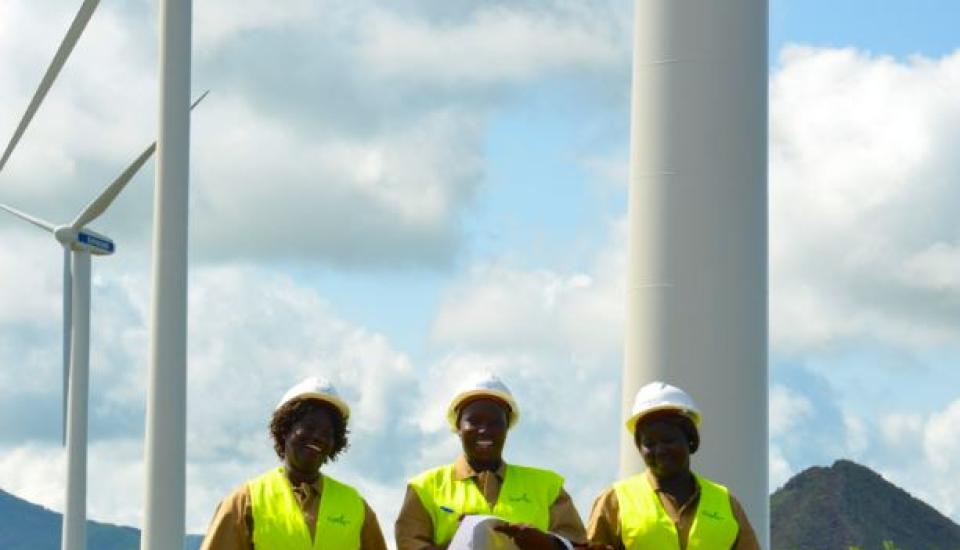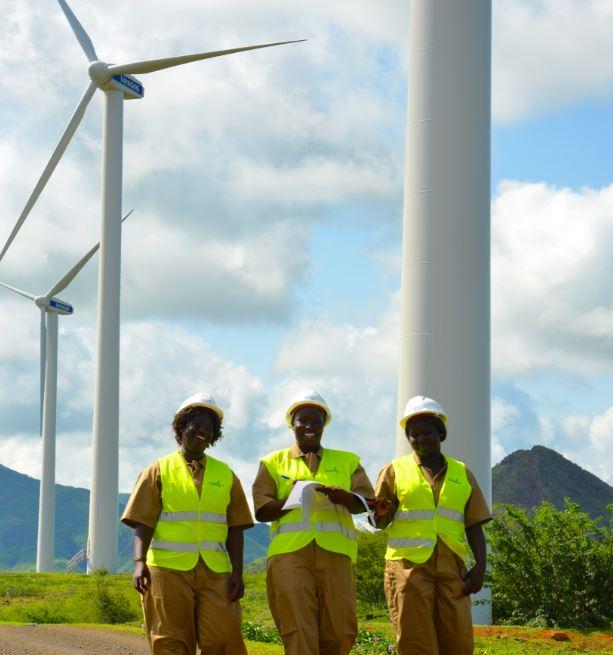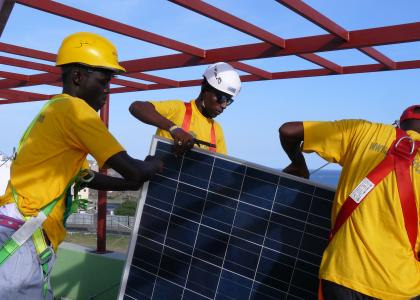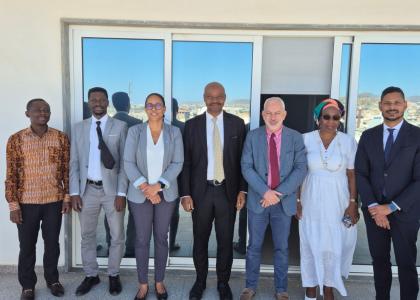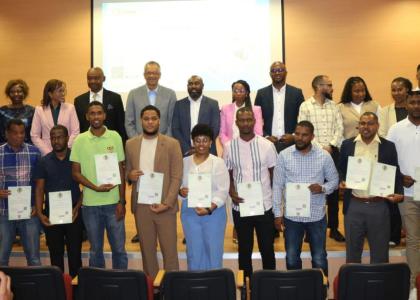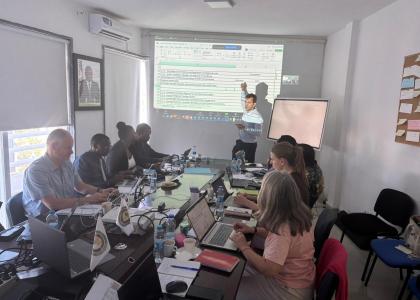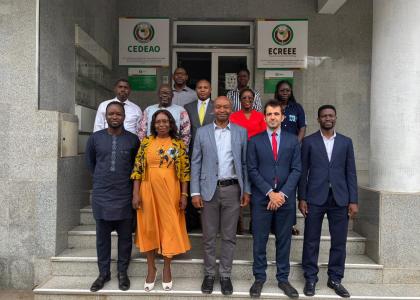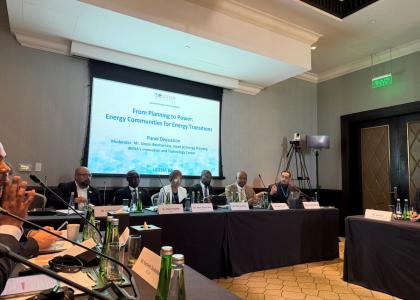PFAN to Offer Business Coaching and Investor Matchmaking to Businesses Seeking Investment of up to USD 50 Million
ECREEE, CTCN and PFAN have launched a call for proposals for women-led sustainable energy enterprises in West-Africa, as part of the CTCN/ECOWAS Project on Mainstreaming Gender for a Climate-Resilient Energy System in West Africa. Women-led businesses employing clean energy solutions to facilitate women's economic empowerment in the ECOWAS countries and seeking investments of up to USD 50 million are invited to apply here by the 20th of November, 2017.
At least 10 projects or businesses will be selected and receive coaching support from experienced professionals for the development of a financially, socially and environmentally sustainable business plan, which will play a crucial role in subsequent investor outreach. Upon the completion of the coaching phase, the projects will be introduced to interested investors, and receive follow-up support and deal-making facilitation. PFAN and CTCN will work closely with female-led climate and clean energy businesses in the ECOWAS region to leverage their expertise as agents of change.
The goal of this Call for Proposals is to facilitate the initiation and management of commercially viable energy projects by women entrepreneurs, and to provide the entrepreneurs with the technical, financial and other skills needed to be competitive as energy producers and suppliers. The ultimate aim of the Call is to further economic and social gender equality and enhance women’s resilience to the impacts of climate change.
Selected projects should contribute to women's economic empowerment through productive uses of energy, by helping to increase the productivity levels of women in agricultural, commercial and tertiary practices through the increased use of renewable energy technologies; building the capacities of women and especially women farmers to use and maintain clean energy technologies; and raising awareness and educate the public on the use of renewable energy for poverty eradication at the household level and, more broadly, for rural development.
This project and the call for proposals support the Policy for Gender Mainstreaming in Energy Access, which was adopted by the Heads of State of Economic Community of West-African States (ECOWAS) on the 4th of June this year and aims to ensure at least 25 percent female participation in energy-related fields in the private sector by 2020.
More detailed information on the Call for Proposals and how to apply can be found here.

The Private Financing Advisory Network (PFAN) offers free coaching and investor matchmaking to promising climate and clean energy businesses in low- and middle-income countries. PFAN manages an extensive pipeline of investment-ready projects, and has leveraged over USD 1.2 billion in financing for those projects since its founding in 2006. Since 2016, PFAN is hosted and managed by the United Nations Industrial Development Organization (UNIDO) and the Renewable Energy and Energy Efficiency Partnership (REEEP).
The Climate Technology Centre and Network (CTCN) fosters technology transfer and deployment at the request of developing countries through three core services: technical assistance, capacity building and scaling up international collaboration. The Centre is the operational arm of the UNFCCC Technology Mechanism. It is hosted and managed by United Nations Environment and the United Nations Industrial Development Organization (UNIDO), and supported by more than 300 network partners around the world.
The Economic Community of West African States (ECOWAS) Centre for Renewable Energy and Energy Efficiency (ECREEE) is a specialised agency established to promote sustainable energy markets and technologies in the West African region. ECREEE’s work contributes to the sustainable development of the ECOWAS region by improving access to modern, reliable and affordable energy services. Through its Gender and Energy Programme (ECOW-GEN), ECREEE works to ensure that West African women are made an integral part of the region’s strategy to address its energy challenges.

